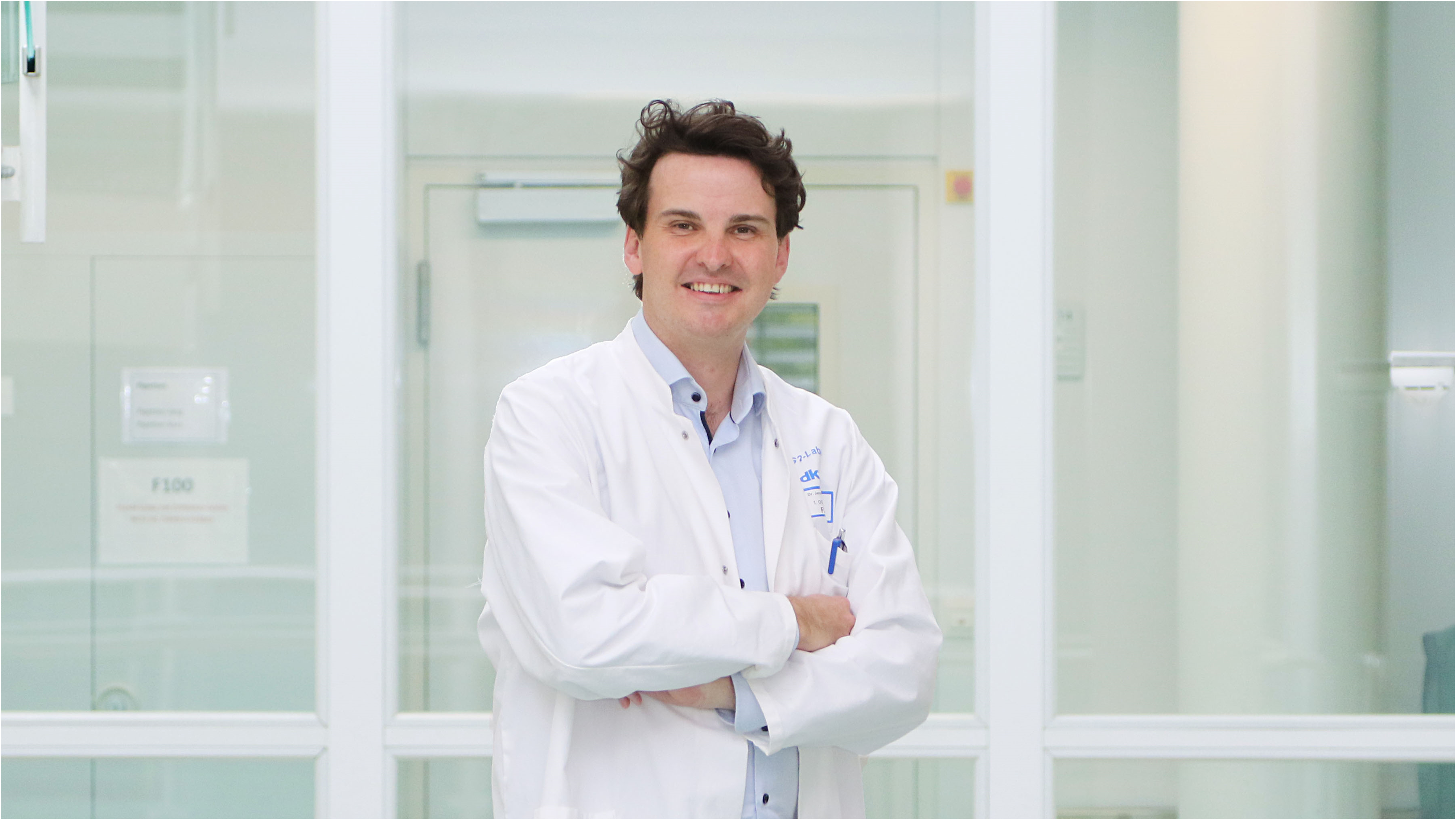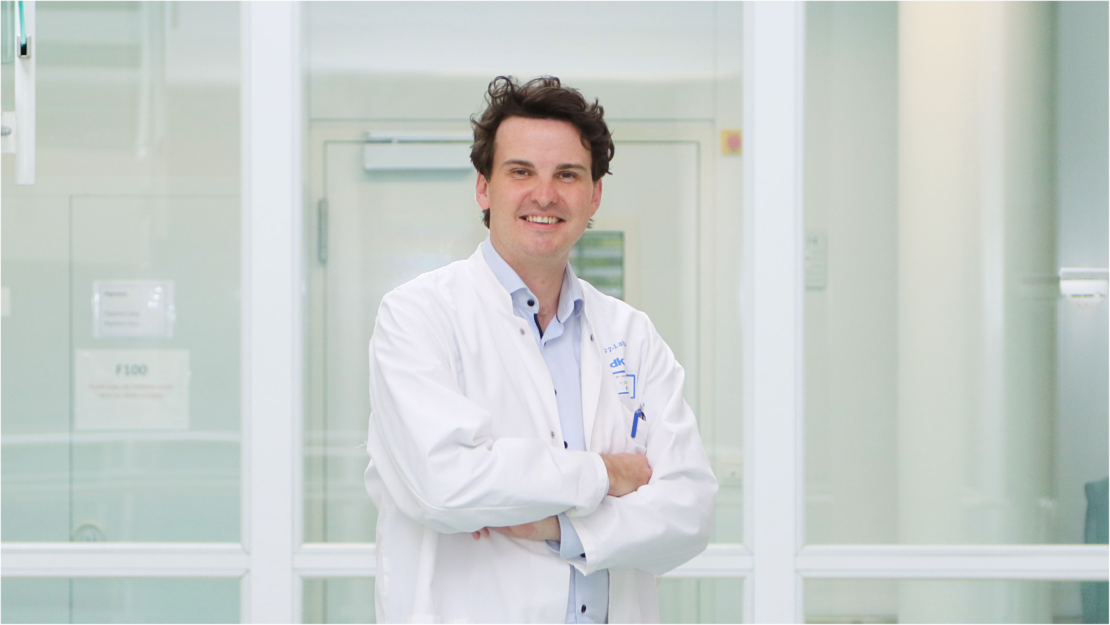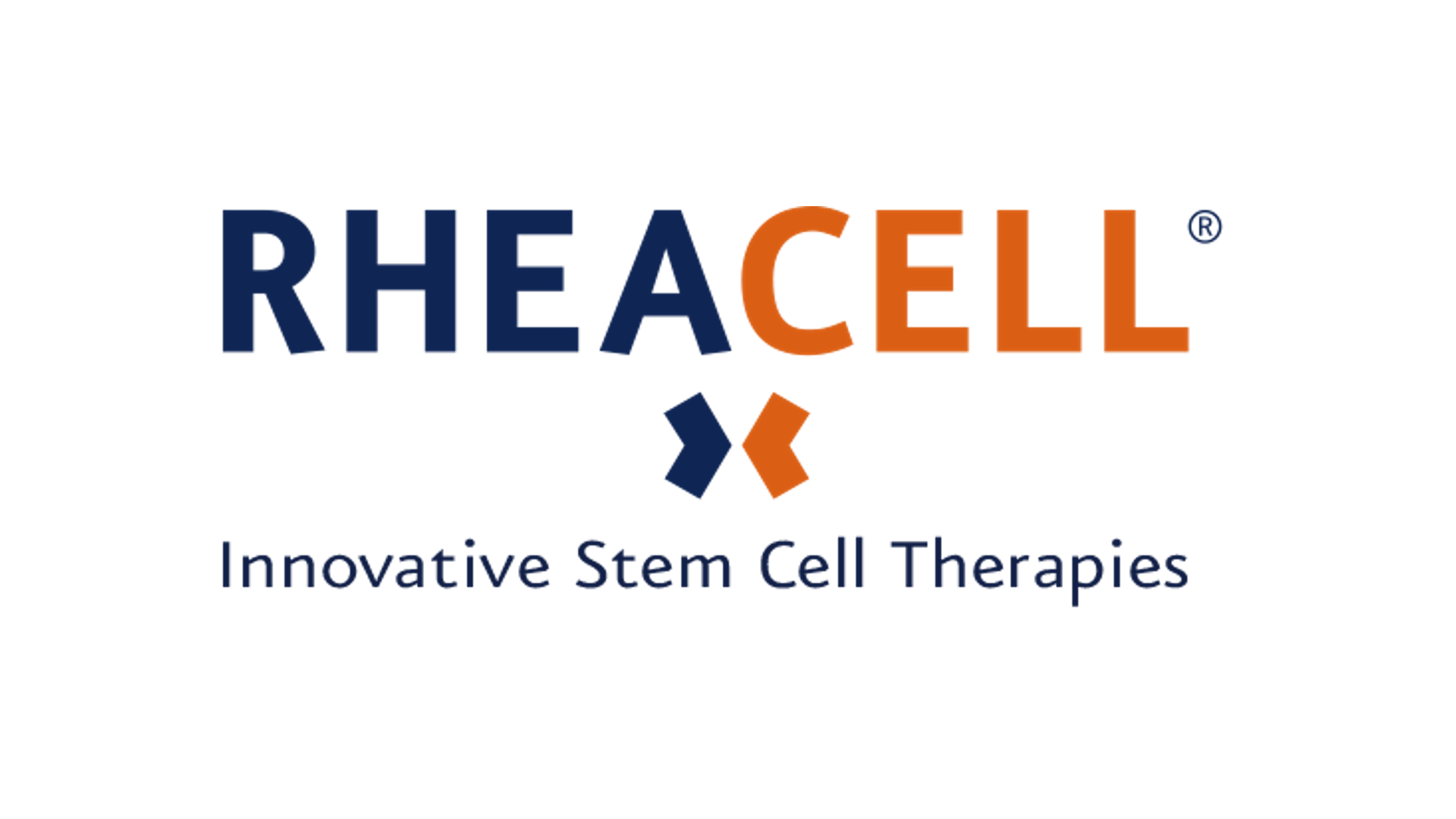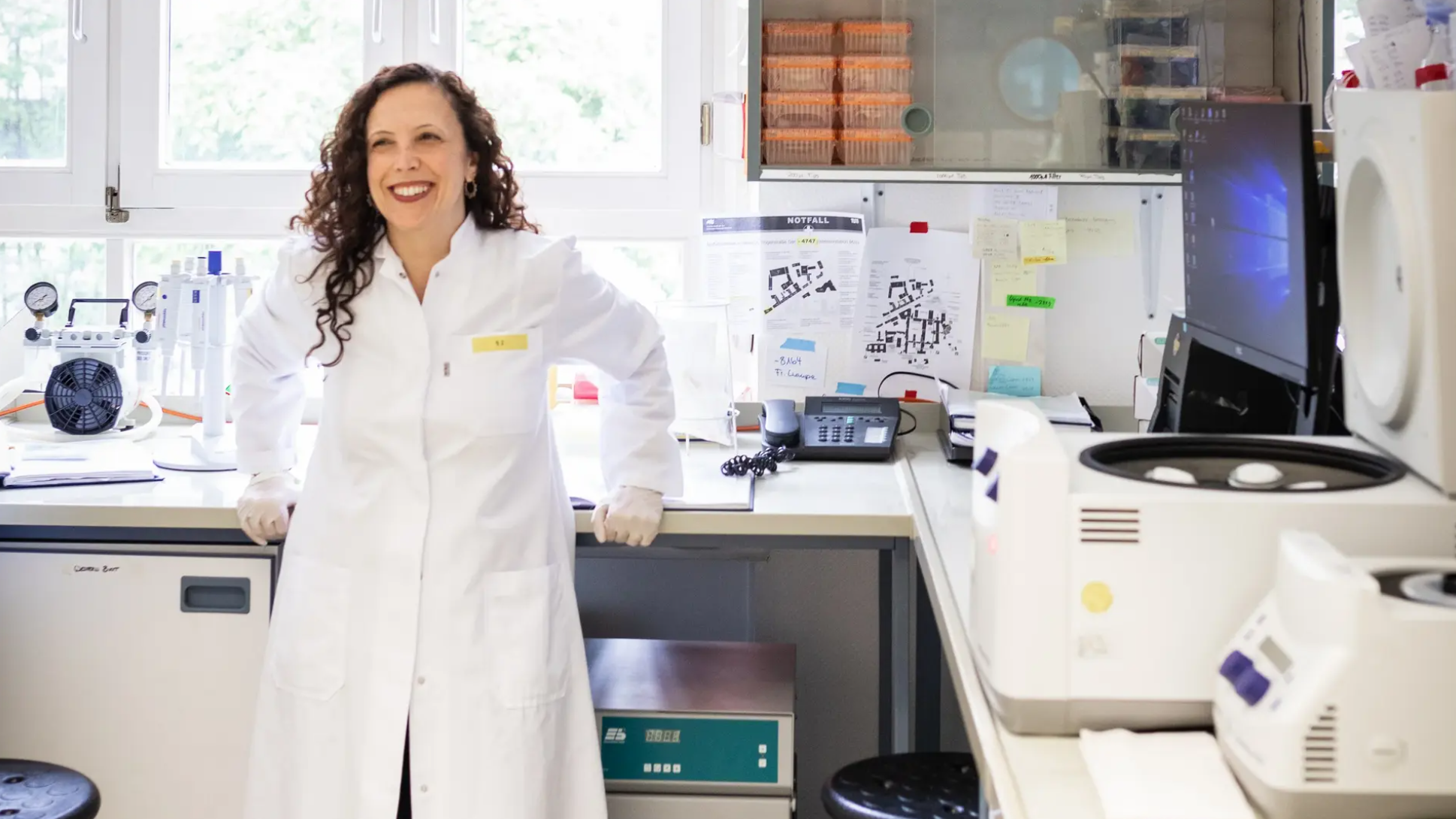How bacteria can cause cancer: Research award for Jens Puschhof

Jens Puschhof, junior research group leader at the German Cancer Research Center (DKFZ), receives the 2026 Research Award from the Peter and Traudl Engelhorn Foundation. The foundation honors the young scientist for his research on the influence of bacteria on the development and spread of cancer.

Jens Puschhof is analyzing the close interactions between tumor cells, healthy body cells, the immune system, and microorganisms. He has been able to show how certain bacteria directly damage genetic material, triggering mutations that can contribute to the development of colon cancer. To do this he uses innovative patient-specific organoid and organ-on-chip models, into which he introduces living bacteria and bacterial metabolites. In these models, he deciphers the underlying mechanisms of cancer-microbiome interaction in order to answer questions such as: How and when do mutations occur? Which signaling pathways change in cancer cells? Do these changes accelerate the development of colorectal cancer?
Puschhof and his team then validate the results of this analysis in mice and link them to clinical data to determine their significance for the prevention, prognosis, and treatment of colorectal cancer.
With the help of artificial intelligence (AI), the bacteria-induced mutation patterns can be detected with increasing accuracy in patient samples. There are clear indications of a link with the increasing incidence of colorectal cancer in younger age groups. Puschhof is currently investigating these patterns in the BACTORG consortium he heads, in which six university hospitals are participating.
After studying molecular biotechnology and oncology in Heidelberg, Harvard, and Oxford, Jens Puschhof moved to the University of Utrecht to work in Hans Clevers’ laboratory for his PhD thesis. Since 2022, he has headed a team in the Microbiome and Cancer Department at the DKFZ, which was converted into an independent junior research group in 2024. In 2023, Puschhof was awarded the Young Scientist Award for Cancer Prevention Research. In 2024, he received one of the prestigious Starting Grants from the European Research Council (ERC).
In 2026, the Peter and Traudl Engelhorn Foundation will exceptionally award its research award to two young scientists: In addition to Jens Puschhof from the DKFZ, Martin Pacesa from EPFL Lausanne will receive the prize for the development of open-source platforms for computer-aided protein design. Both scientists will receive prize money of 10,000 euros each for their outstanding achievements. The prizes will be presented on January 10, 2026, at the Manfred Eigen Winter Seminar in Klosters (Switzerland).
The aim of the Peter and Traudl Engelhorn Foundation is to promote young scientists in the life sciences. To this end, the foundation awards postdoctoral fellowships to outstanding young scientists. In addition, every two years it awards the Peter and Traudl Engelhorn Foundation Research Prize to young scientists who have achieved outstanding success in a highly topical field of research in Germany, Austria, or Switzerland.
A photo of Jens Puschhof is available for download: https://www.dkfz.de/fileadmin/user_upload/Skoe/Pressemitteilungen/2025/Puschhof.jpg
Note on use of images related to press releases
Use is free of charge. The German Cancer Research Center (Deutsches Krebsforschungszentrum, DKFZ) permits one-time use in the context of reporting about the topic covered in the press release. Images have to be cited as follows: “Source: Jung/DKFZ”.
Distribution of images to third parties is not permitted unless prior consent has been obtained from DKFZ’s Press Office (phone: ++49-(0)6221 42 2854, E-mail: presse(at)dkfz.de). Any commercial use is prohibited.




